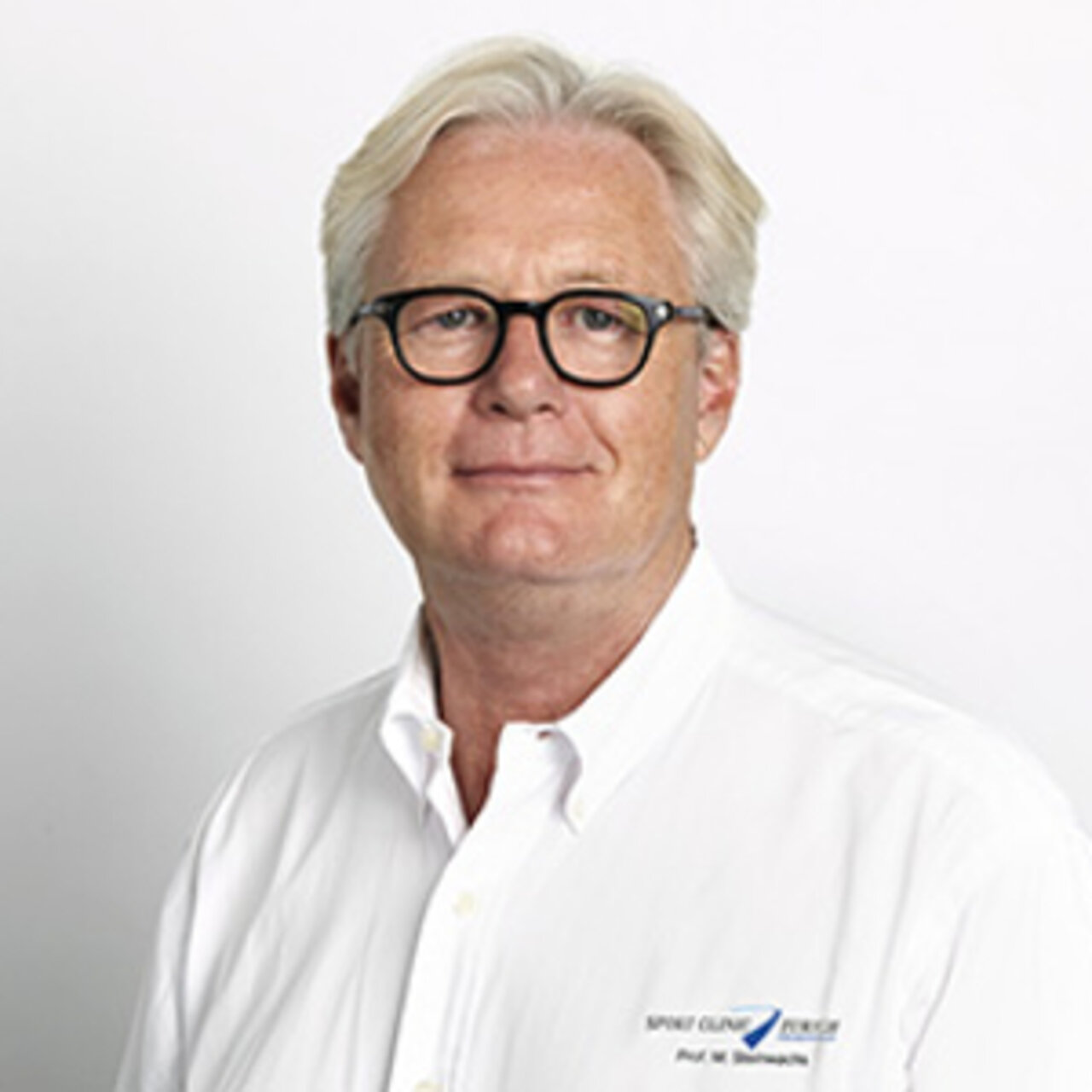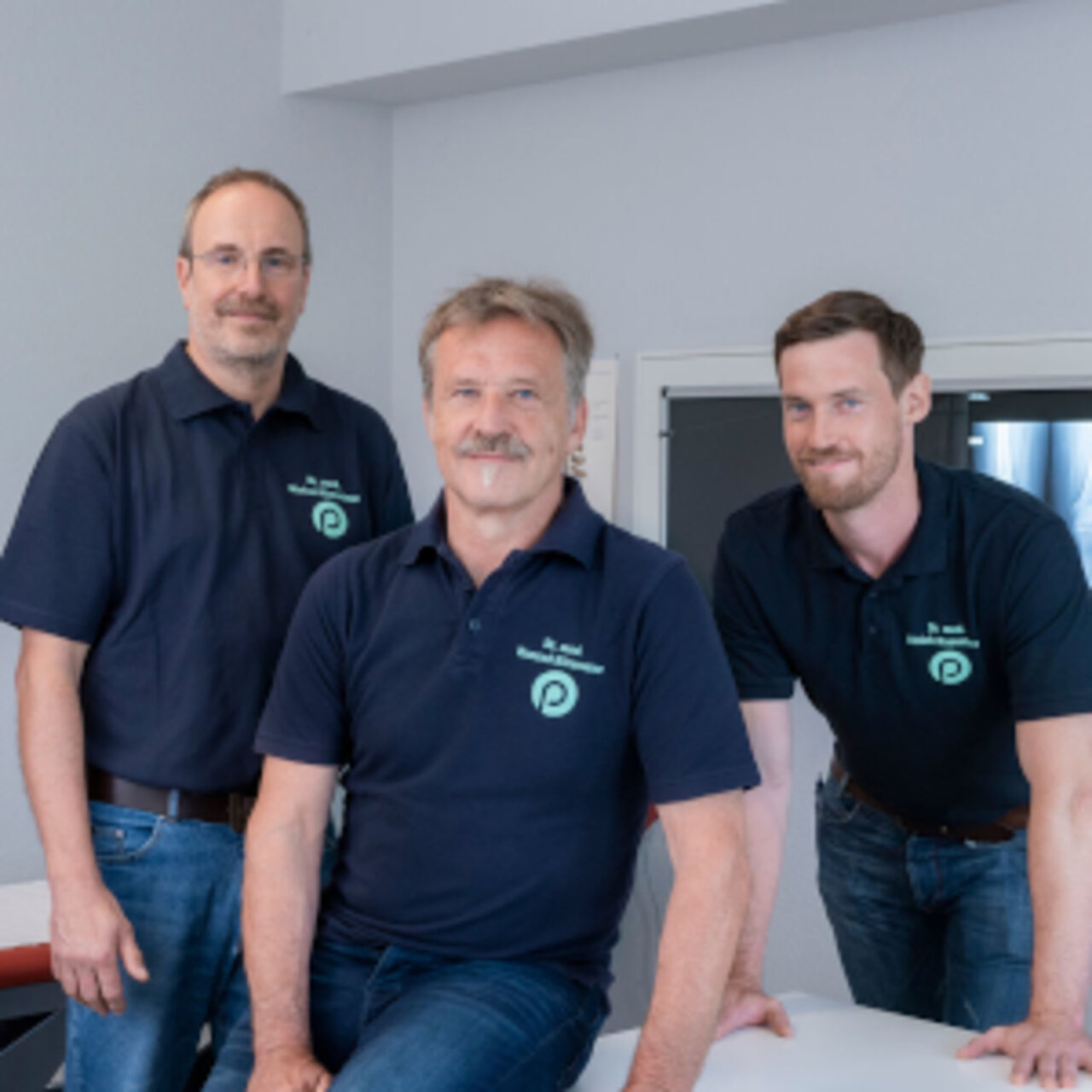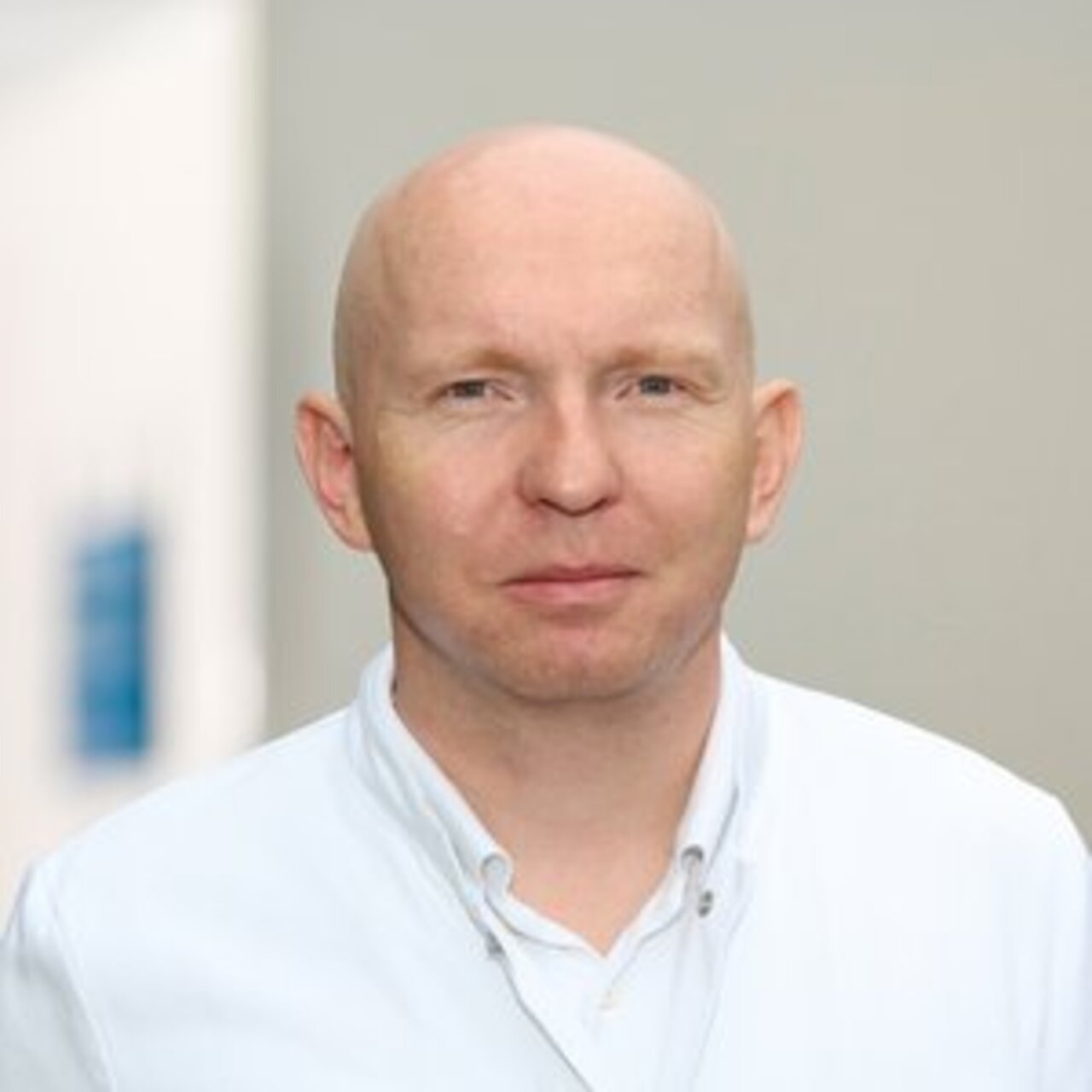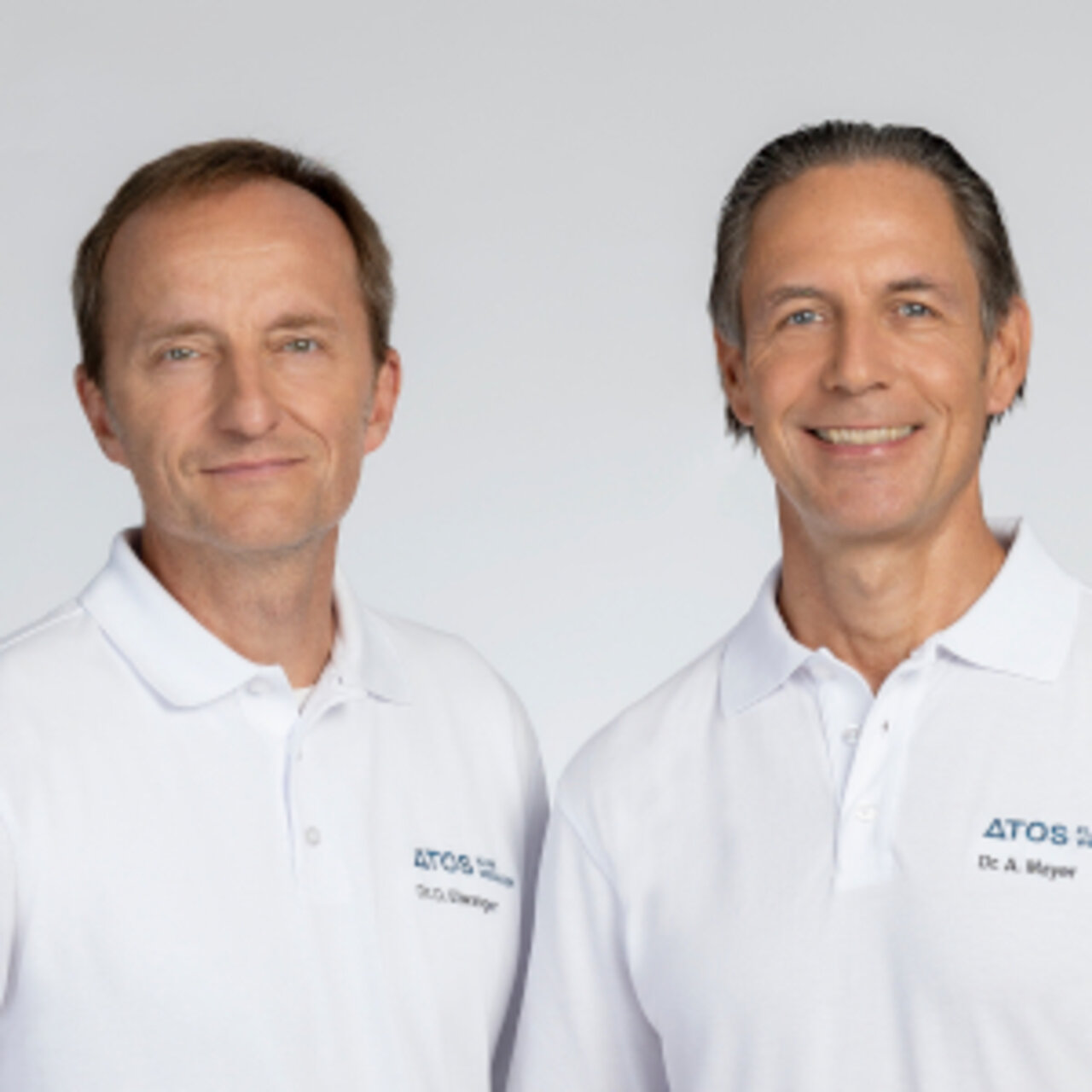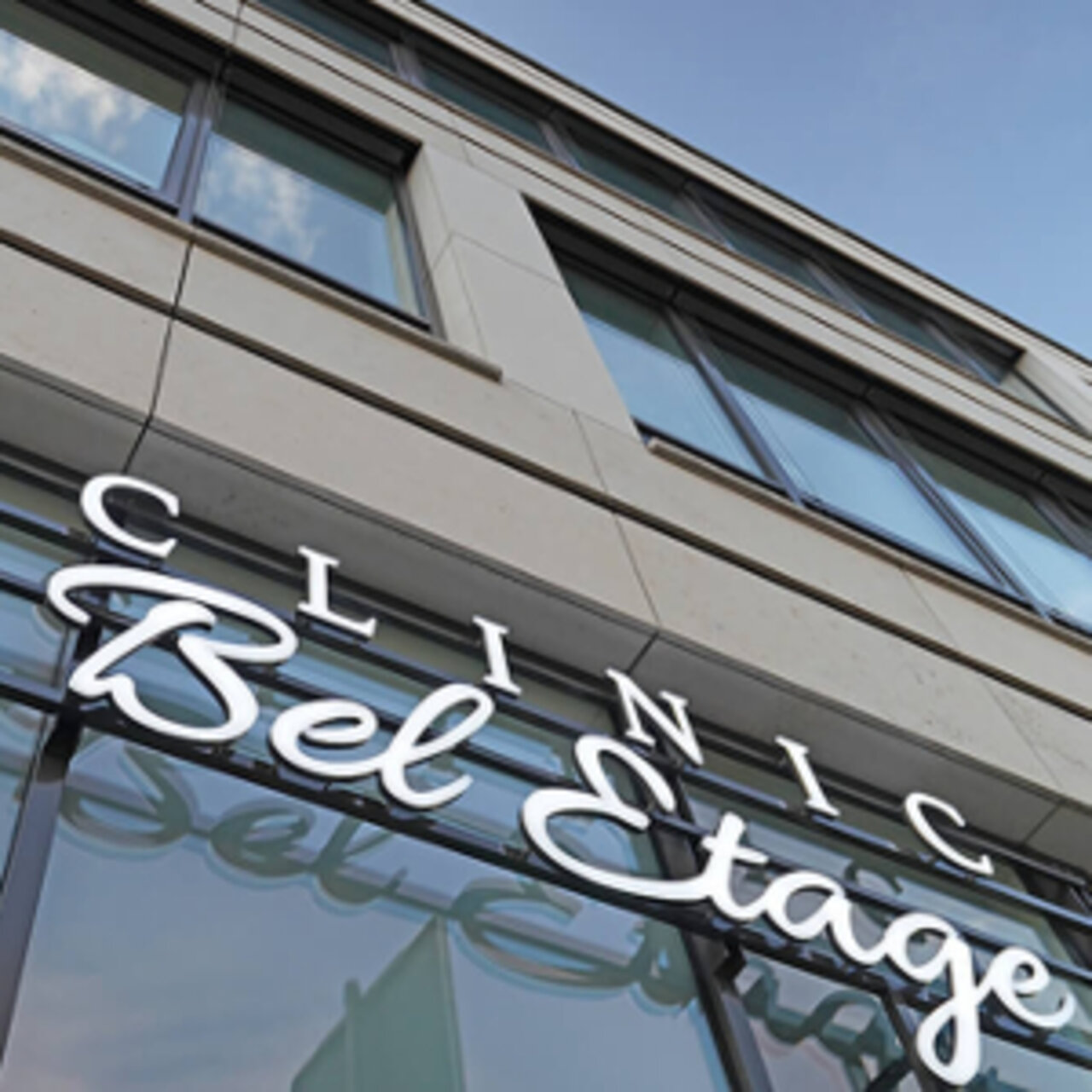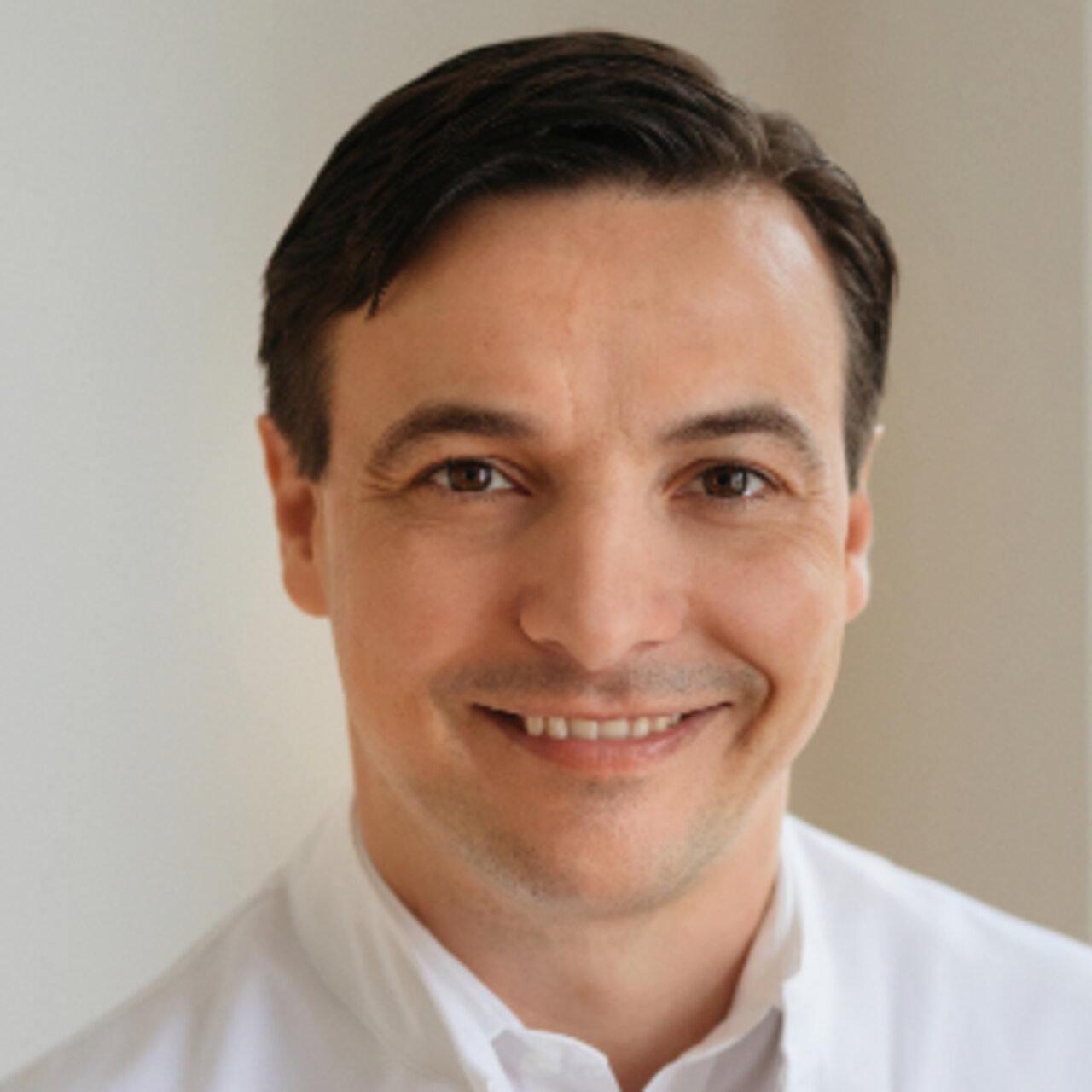Specialists in Knee Surgery
7 Specialists found
Information About the Field of Knee Surgery
Always Having Trouble With Knee Pain?
Knee pain and knee injuries are an everyday occurrence, whether when playing football, skiing, or practicing other high octane sports. However, it is not only professional football players having a high risk of knee injury. No matter if young or old, knee trauma, foot problems, or wear and tear are no exception but commen incidences as we turn older.
When Should I See an Orthopedic Doctor or Orthopedic Surgeon?
All knee injuries have in commen that they cause limitations in our everyday activities. Usual movement patterns are no longer feasible or only managable with considerable pain. Speed and resilience is limited. However, often simply a visit to the knee specialist can help.
Which Type of Orthopedic Doctors are Knee Specialists?
The question of who is a knee specialist cannot be answered objectively as any modest consultant would not declare to be the best in his or her field. Often, a doctor's expertise can only be measured by his or her experience. Whenever it is necessary to consult a medical expert, we all expect the best medical care.Therefore, as patients we want to know where we can find the best knee experts or clinics in Germany, Switzerland and Austria.
Masters in knee surgery are trained doctors who continued their studies for additional years in orthopaedics and emergency surgery as well as in the treatment of knee pain and knee injuries. Most orthopedic doctors work closely together with physicians specializing in sports medicine, sport-orthopaedics, rheumatology and radiology.
The Structure of the Knee Joint
The knee is the largest joint of the human body. It is the place where thighbone (Femur), shinbone (Tibia), and kneecap (Patella) meet. The shinbone (Fibula) is externally located at the knee joint, but it is, however, not involved in the actual movements of the knee joint. Two disc-like cartilage tissues are positioned in-between the joint bones, the so-called Meniscus, which help protecting the bones from friction. An additional connection of interlaced ligaments between shin and thigh bones provide further stability and protection.
Like every large joint, the knee is wrapped by a capsule which is filled with synovial fluid. Unlike the hip or shoulder joints, which are ball and socket joints, the knee relies on muscle and ligaments for stability.
Common Knee Pain, Knee Injuries, and Knee Problems
The smooth functioning of the knee is jeopardized by inadequate strain on the joint, for example when playing football or skiing. In return, this damage can lead to ligament surgery, meniscus surgery, or knee cartilage replacement therapy.
Due to the fact that the human skeletal system is linked together by each joint and ligament, it is no surprise that a single joint injury can affect the functioning of other joints of the human body as well since our anatomy always seeks to compensate for strains. Appropriate knee treatment and surgery can ease considerable discomforts.
Trauma and birth defects are not the only frequent cause of knee problems but degenerative issues such as arthritis can cause extreme knee pain as well.
Where to Find an Orthopedic Doctor or Orthopedic Surgeon to Cure Knee Pain?
Through PRIMO MEDICO's doctor and clinic search engine for medical experts you can exclusively find qualified orthopaedic consultants and clinics in Germany, Austria, and Switzerland curing knee injuries.


